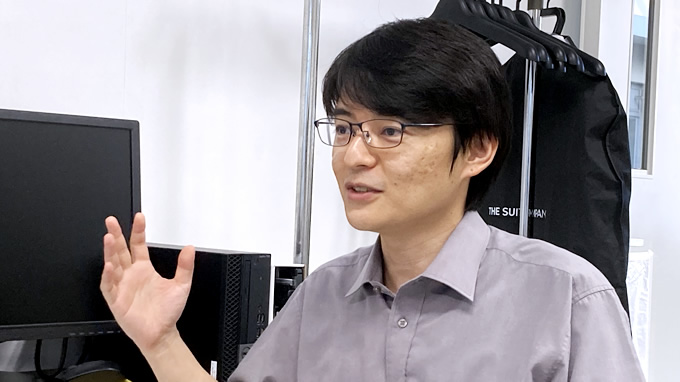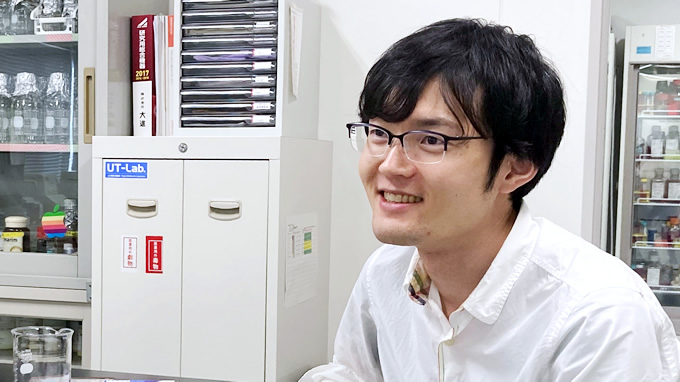Domain of research
-
 Virus
Virus
-
 Livestock
Livestock
-
 Wildlife
Wildlife
At our laboratory, we focus on knowledge and techniques in the field of virology. Our extensive research is dominated by the terms "Virus", "Livestock", and "Wildlife". We conduct our research mainly in Kagoshima, south-western Japan, a region rich in nature which is also one of the country's foremost livestock-producing areas, actively collaborating with both public bodies and private enterprises. We pioneer research activities and disseminate information, concentrating on the diverse contributions we can make to society.
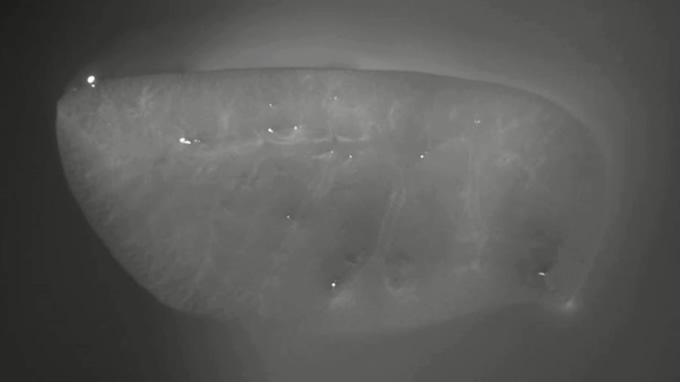
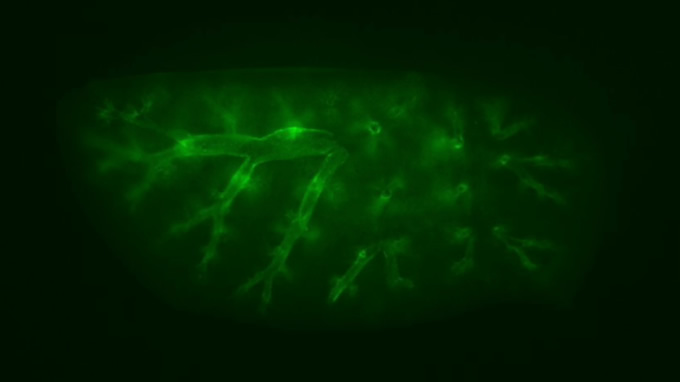
Enhancing and applying "reverse genetics" system for influenza virus
Many viruses can now be artificially generated with fully retained infectivity, replication ability, and pathogenicity, due to a remarkable breakthrough in genetic engineering technology: reverse genetics system. The influenza virus was one of the earliest to be subject to this technology, which means that artificial influenza viruses have become more than just an effective and useful research tool; researchers are now actively trying to utilize them for clinical applications. At our laboratory, we are striving both to enhance this technology and to develop its real-world applications.
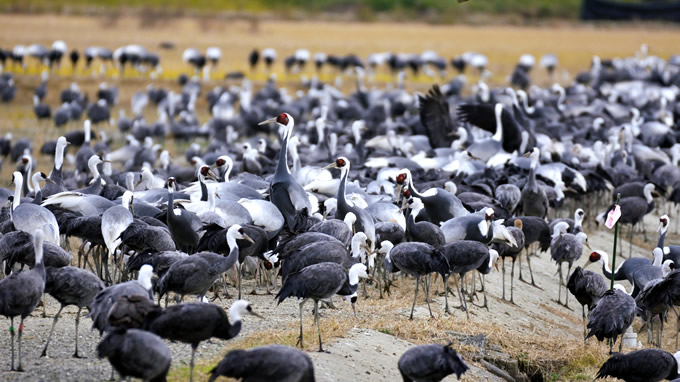
Avian influenza surveillance in a wild population
High pathogenicity avian influenza viruses are now a major threat to the poultry industry, and circulate among ducks and other wild waterfowl. These viruses are spread as birds seasonally migrate over great distances. For our research in this field, we have targeted the Izumi Plain, which is a major overwintering ground of wild waterfowl including endangered cranes. We collect environmental samples and wild bird carcasses for virological examinations, and subject them to genetic analysis to determine the prevalence and strains of circulating avian influenza viruses.
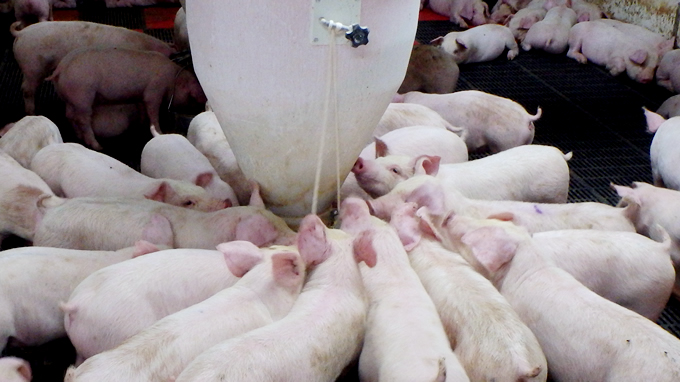
Characterization of swine influenza viruses circulating in Japan
Swine influenza viruses are of course a health hazard for pigs, but they also cause concern over their potential zoonotic transmission to people. These pathogens thus represent a crucial challenge for both livestock and public health, and characterizing the viruses and establishing systems to control them meet major social needs. At our laboratory, we exploit our reverse genetics techniques for influenza viruses, to characterize and study each swine influenza virus strain circulating in Japan.
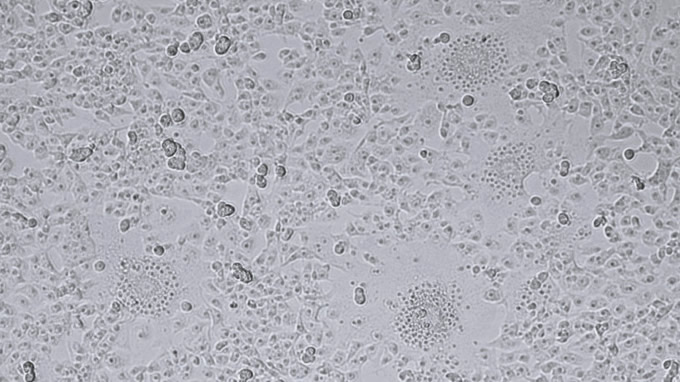
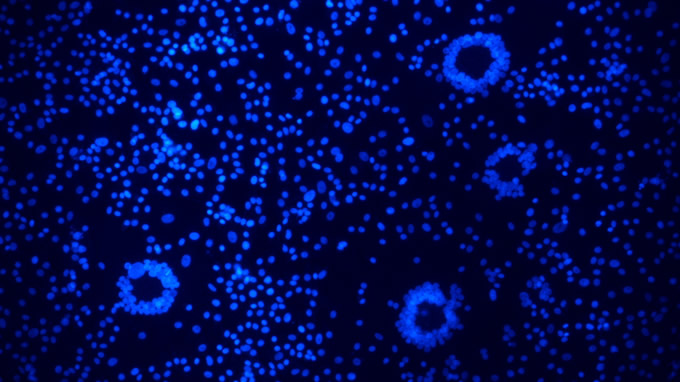
Infectious livestock disease virology
Infectious livestock diseases have a major negative impact. They are not just a health hazard for animals and a cause of economic loss for farmers; the concomitant shortfalls in food supply and rises in food prices create confusion and anxiety for consumers. When the disease is a virus, prevention is key, because viruses cannot be treated with antibiotics as bacteria can. The preventive measures include vaccinations, maintaining regional virus-free status, and halting virus spread. At our laboratory, we exploit molecular biological techniques and knowledge developed in the field of influenza research, to investigate a range of viruses which can infect livestock.
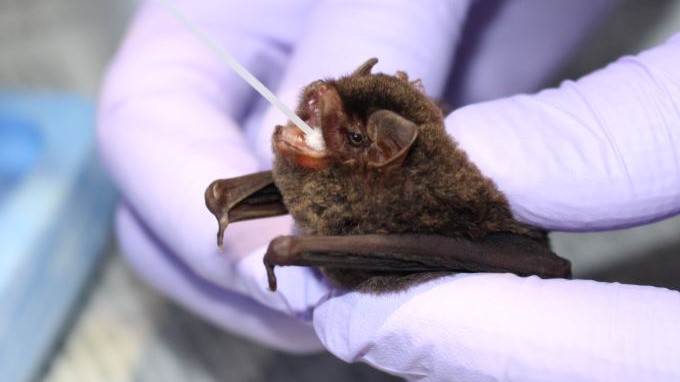
Infectious wildlife disease virology
Infectious wildlife diseases pose a potential threat to all people, livestock, and wild animals in an outbreak area, as well as any directly affected animals, and thus represent an area of research that should be taken seriously. However, wildlife diseases are much less well investigated than human or domesticated animal diseases, because of the many obstacles to research in wild animals. In our laboratory, we elucidate the dynamics of virus infections and detect new viruses, collaborating with relevant governmental agencies.
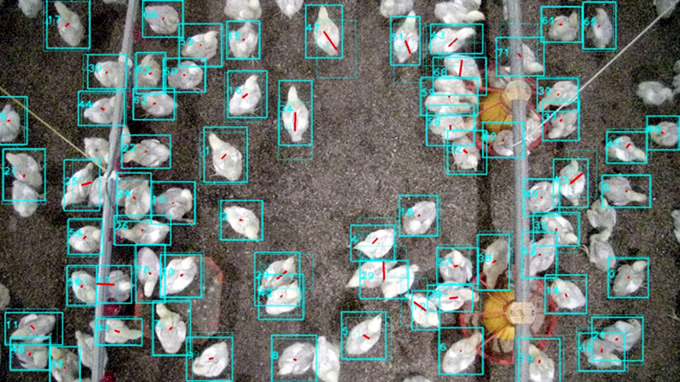
Pioneering and propagating "smart animal husbandry"
The Japanese livestock industry is embracing smart technologies to solve issues ranging from manpower shortages to decreased productivity. Solutions are provided by cutting-edge information and communication technology (ICT), artificial intelligence (AI), and robot technology, and much more can be expected from these smart technologies. As our contribution in this area, we are developing “smart animal husbandry” focusing on pigs and broiler chickens, in collaboration with enterprises and producers. We are taking the technologies we pioneer to the point of production and propagation.
Faculty Members
Students
Mana Esaki, DVM
- title
- 2nd-year PhD Student
Qianxi Zhou
- title
- Research Student
- (2nd-year MC Student, Hunan Agricultural University)
Inori Goda
- title
- 6th-year Undergraduate Student
Sho Sata
- title
- 6th-year Undergraduate Student
Shiori Osuga
- title
- 5th-year Undergraduate Student
Saiko Sawai
- title
- 5th-year Undergraduate Student
Support Staffs
Natsuko Nishi
- title
- Research Assistant
Donna Koyamada
- title
- Administrative Assistant
Rara Saito
- title
- Research Assistant
Maki Inaba
- title
- Techinical Assistant
Shizuka Hirose, DVM
- title
- External Research Collaborator
Keiko Yoshitomi
- title
- Research Assistant
Access
- Department of Pathogenetic and Preventive Veterinary Science,
Joint Faculty of Veterinary Medicine,
Kagoshima University - 1-21-24 Korimoto, Kagoshima 890-0065, Japan
- Campus Map
- Contact
- Tel: +81-99-285-3651
- E-mail: mozawa@vet.kagoshima-u.ac.jp
